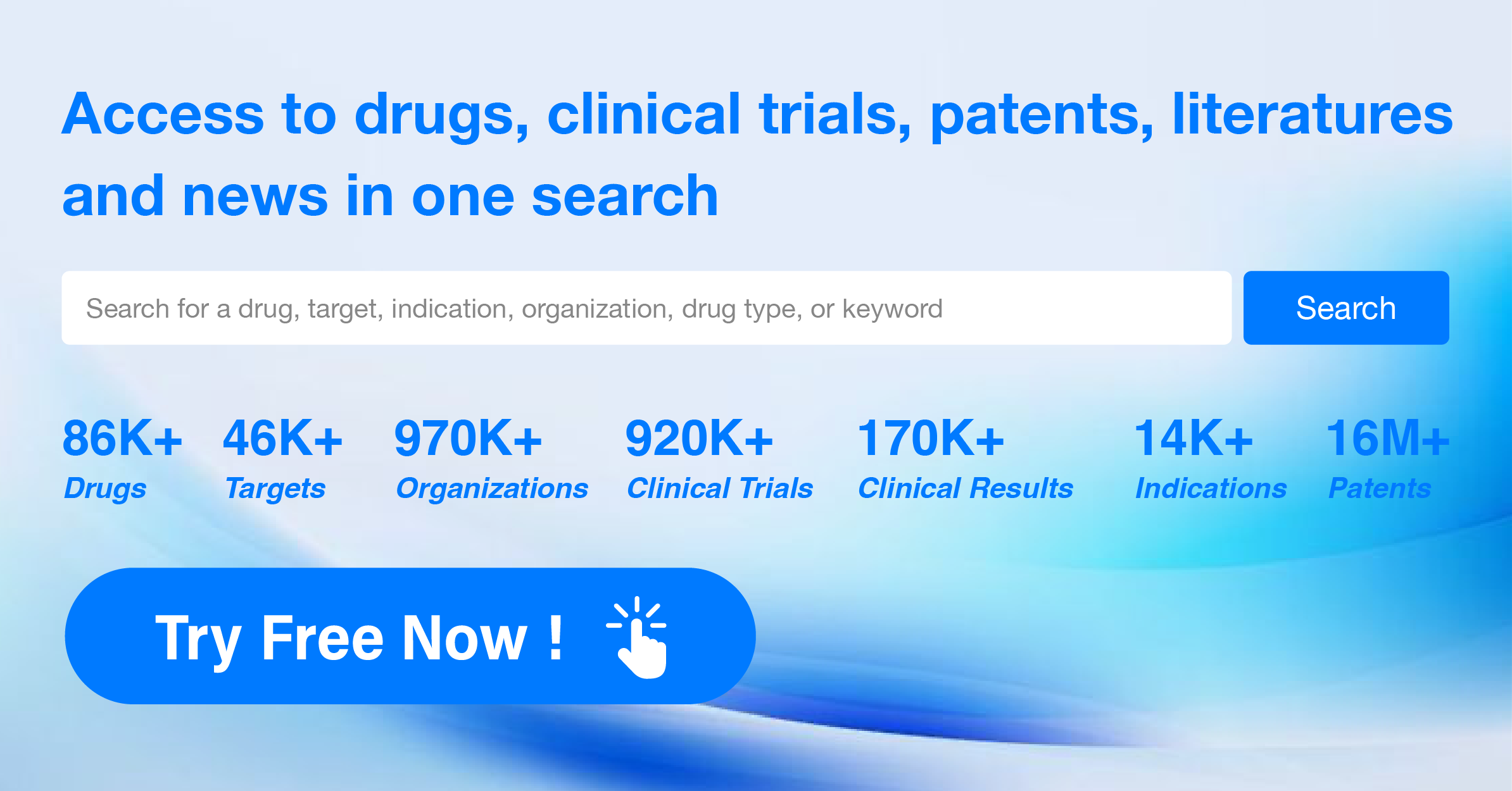ACELYRIN Reports Positive Early-Stage Results for Lonigutamab in Treating Thyroid Eye Disease
Significant advancements have been observed in the treatment of thyroid eye disease (TED) with lonigutamab, a humanized monoclonal antibody. This drug, which targets the insulin-like growth factor-1 receptor (IGF-1R), has shown swift improvements in proptosis, clinical activity scores, and diplopia, outperforming placebo with a positive safety record. ACELYRIN, INC., the biopharmaceutical company behind the drug, is set to initiate a Phase 2b/3 trial in late 2024.
The Phase 1/2 clinical trial results indicate that lonigutamab, administered subcutaneously, led to notable enhancements in TED symptoms within three weeks post-injection. ACELYRIN's CEO, Shao-Lee Lin, MD, PhD, highlighted the drug's potential for optimizing the benefit-risk profile through long-term subcutaneous dosing, which could deepen and prolong the clinical response while minimizing safety concerns associated with high maximal concentrations from intravenous administration.
The trial, which is multi-center and dose-ranging, included a placebo-controlled cohort and an open-label cohort. The results were promising, with high percentages of patients showing improvements in proptosis, CAS, and diplopia. Notably, there were no reports of hyperglycemia, hearing impairment, or serious adverse events, suggesting a favorable safety profile for lonigutamab.
Shoaib Ugradar, MD, commended the early clinical response and the potential benefits of the drug's subcutaneous administration route. He emphasized the importance of a medication with a good safety profile for managing TED, given its chronic nature and the possibility of long-term complications.
The company's website hosts a presentation detailing the data, and further findings will be presented at upcoming scientific gatherings. Following the successful proof of concept and validation in the trial's cohorts, ACELYRIN plans to proceed with a Phase 2b/3 trial. Additionally, the company will forego a fiscal year 2023 earnings call, opting instead to release financial results through a press release and a 10-K report by April 1, 2024.
A conference call to discuss the clinical data was held on March 20, 2024, at 8:30 a.m. ET. TED is a serious autoimmune condition affecting over 100,000 people in the U.S., characterized by inflammation and tissue expansion behind the eye, which can lead to proptosis, eyelid closure issues, diplopia, and even blindness. Lonigutamab, developed by ACELYRIN, offers a promising new treatment option with its subcutaneous delivery method and potent binding to the IGF-1 receptor.
ACELYRIN, a Los Angeles-based biopharmaceutical company, is dedicated to developing transformative medicines and has two programs in late-stage clinical development.
How to obtain the latest research advancements in the field of biopharmaceuticals?
In the Synapse database, you can keep abreast of the latest research and development advances in drugs, targets, indications, organizations, etc., anywhere and anytime, on a daily or weekly basis. Click on the image below to embark on a brand new journey of drug discovery!




